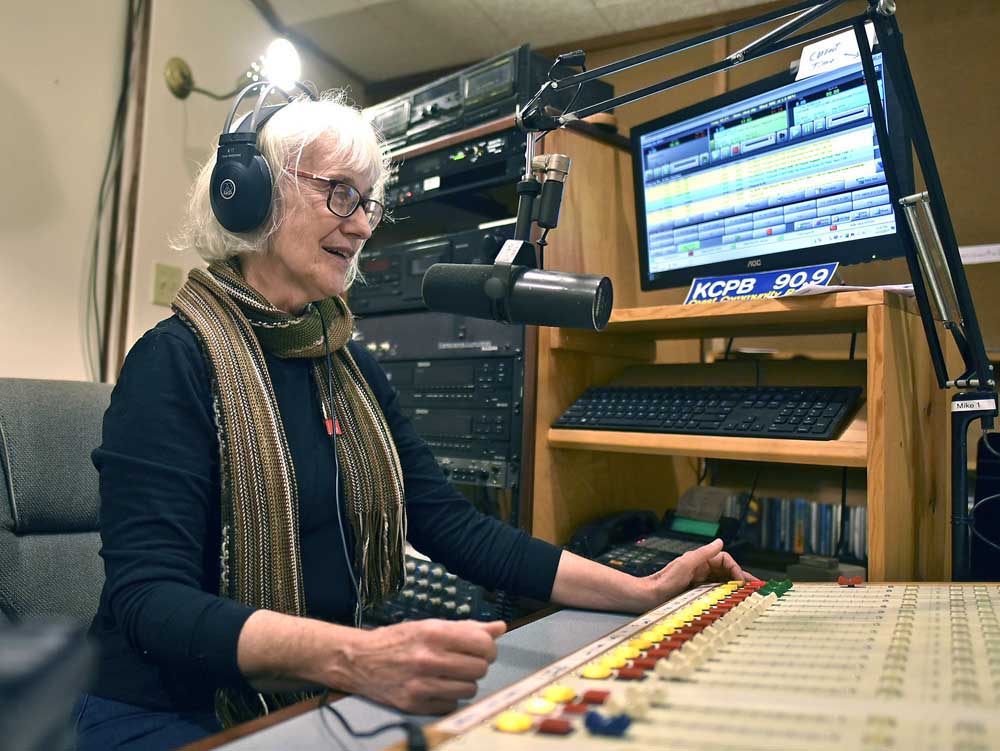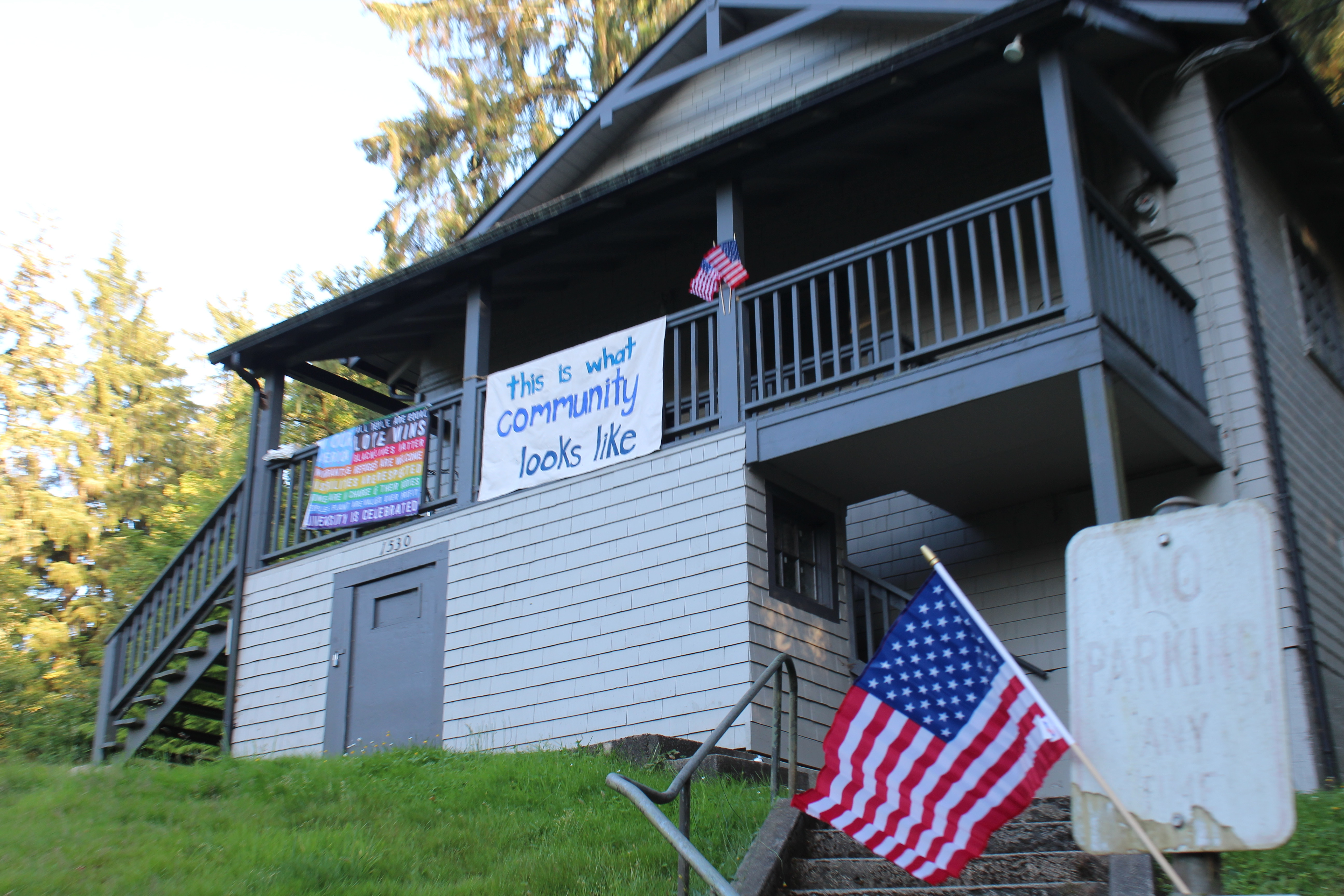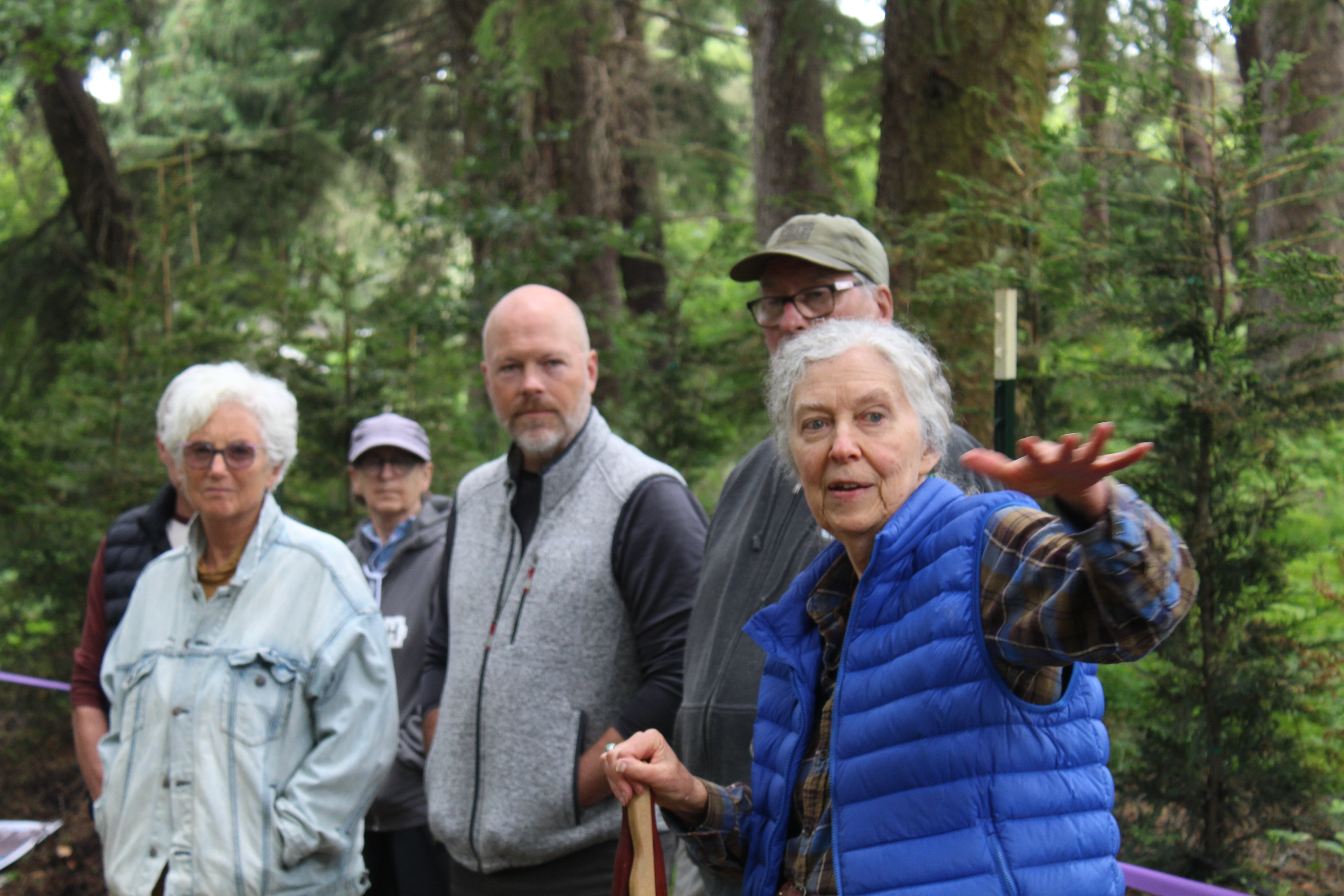Seaside horse man admits some guilt
Published 5:00 pm Thursday, October 11, 2007
With his guilty plea Thursday, William Maxwell of Seaside ended an animal neglect trial which had been approaching for 11/2 years.
Trending
He pleaded guilty Thursday, the third day of his trial, to one count of first-degree animal neglect for failing to provide minimal care for his horse, Goliath, which had made headlines when he and eight other horses were seized in April 2006.
The plea came after the prosecution rested its case but before he began his defense. He also pleaded guilty to one count of second-degree animal neglect for failing to provide minimal care for QT, another horse in his herd.
All other charges against him were dropped.
Trending
Maxwell’s son, Zane, had previously accepted a deal with prosecutors, receiving a conditional discharge and no charges placed on his record.
A similar offer was presented to William Maxwell, but he had been unwilling to give up the nine horses which had been seized in 2006 by Seaside police officers, the Clatsop County sheriff, the Clatsop County Posse, and volunteers.
Maxwell agreed Thursday to give up ownership of the nine horses. He faces up to one year in jail and a $6,250 fine for first-degree animal neglect and six months in jail and a $2,500 fine for second-degree animal neglect. He is allowed to continue owning horses, but will serve four years of probation under the supervision of vet Russell Hunter, who specializes in large animals.
Maxwell’s sentencing and restitution hearings will be held 1:45 p.m. Nov. 2.
He will also have to pay restitution to the volunteers who took in the seized horses and cared for them.
“These women are just angels,” said Clatsop County District Attorney Joshua Marquis. He said they were really heroes for taking the animals in without knowing if they would get to keep them.
“He is a good horse owner who is on a steep learning curve about what it takes to keep and raise horses in Oregon,” said Geordie Duckler, Maxwell’s attorney.
“Dr. Hunter is the key,” he said. “He’s a terrific guy. He’s the guy that’s here to fix this problem.”
Skin on bones. That’s how witness after witness described the horses they saw alongside U.S. Highway 26 at Rippet Road, south of Seaside that winter. They were just driving down the road, and they had to stop. They felt a compulsion to ask somebody to do something.
Two Seaside police officers, Travis Caulder and Grant Shimer, began contacting Maxwell that February. The first time they met with Maxwell and examined his horses. Many were covered with rain rot – a fungal-like infection that creates large, crusty scabs and matted fur tufts. They had lice infestations and hoof problems. But what was most striking about some of the horses was how skinny they were.
The horses were lethargic and malnourished.
Shimer said when he saw Goliath – a 17-hand gray gelding – for the first time, he couldn’t believe it.
“He was a dead horse walking,” Shimer said. “He was just skin and bones. I’ve never seen an animal – that was alive – in that condition.”
QT, a palomino mare had cracks in her hooves that reached to her coronary band – the top of the hoof, where hooves grow.
“If cracks reach that, it’s bad – horses often have to be put down,” Shimer said.
The next day they returned to the farm, meeting with Maxwell and his veterinarian, Russell Hunter.
Shimer said Hunter told Maxwell one-third of his herd was suffering from neglect.
“Oh,” was Maxwell’s reply.
Early in March, Shimer gave Maxwell a list of measures to take to improve the condition of the horses.
He warned Maxwell that the horses would be seized and he’d face criminal charges if the horses’ conditions didn’t improve.
The measures consisted of simple items like, cleaning horses, mucking stalls, separating feed and providing vaccinations and wormer for the horses.
On April 4, 2006 nine horses were seized from the farm. They were taken to Alder Hill Farm – a nonprofit horse rescue facility in Seaside – but ended up at Beth Rowland’s ranch.
Rowland’s granddaughter immediately gave the horses names. There were Goliath and QT, but there was also the mare Coco with her three-to-six month old foal Puff, and the mare Dixie with her weeks-old foal Pixie.
Rowland put her healthy horses outside, so the new horses could be cared for out of the rain. She began feeding the horses, and weighing them regularly. She wormed them and gave them vaccinations.
“They needed groceries,” she said. Dixie got supplemental feed for nursing horses. And the horses began to put on weight.
Coco was 669 pounds when she arrived at Rowland’s stables. In 20 days she gained 107 pounds. In six weeks, she had gained 190 pounds. On Aug. 21 she weighed 1,000 pounds.
Puff doubled her weight in that four-month period, going from 282 to 606 pounds.
Today, the women who took in the horses to foster, say the horses are happy.
Janet Ferguson, Hammond, has Coco. She said all she did was gave the horse vaccinations, fed her, groomed her and bathed her. She said, now Coco’s fat and puffy.









